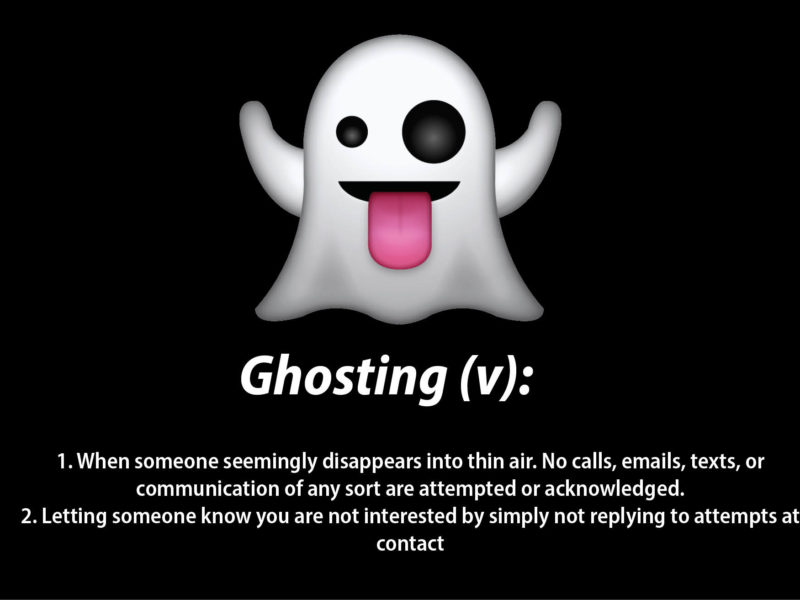Taking Charge of Yourself and Getting Decisions
That’s what it’s all about, getting a decision. None of us can dictate the outcome of an interview although, if we could, we would. But you do have more influence than you may think. I find, however, that in the digital era more than at any other time I can remember, an increasing number of people feel more separated than ever from the process of which they are personally a part. No wonder, with increasing reliance on web-based processes, there is little room for participation until the time you get the call and subsequent interview. So you had better make the most of it, which is why I write my blog, to help people make the most of the limited time spent in the interview process, while engaged in the give-and-take dialogue with hiring managers. Just to frame this conversation, what is the goal of each step of the interview? To be invited back for the next one, and the next… But first you must recognize you have more power than you are aware to affect your own outcome.
Frequent readers of this blog know I am a strong proponent of adapting sales methods to your job search and interviewing efforts. You have the power to influence, guide and nudge the process. If you don’t want to feel like a victim of the process, you must position yourself as an equal participant of the process from which both parties seek a win-win result.
The sales method for getting a decision is called a close, as in closing the sale, which merely means to bring it to a conclusion (read) decision. There are many different closes, and I can’t claim to know them all, but there are a number of them that are applicable to your interview situation. Sadly, a 600-word blog entry is not sufficient in order to provide readers with the finer points, so I suggest that for anyone interested, my book provides more details on the subject in one handy resource.
As an example of what I am talking about let’s consider one of the simplest closes to use; the assumptive close. Although it is the simplest it can be difficult for some people because it exudes and portrays a level of confidence; some people even think it is borderline aggressive – but this is not the case.
In a sales scenario, the sales person uses the assumptive close after having answered all the customer’s questions and they have no additional concerns, and they signal that they like what is offered. So, you ask for the sale in an assumptive manner and say, “…how many would you like and when do you want delivery?” And why not, everything points in that direction, doesn’t it?
Let’s be clear about something, companies are less than thrilled with people who display no confidence in themselves or their efforts so, with that in mind, the assumptive close strikes the right tone; learn to use it. Always be respectful and professional, but you are an individual with dignity. Ditch the submissive and ingratiating wimp words, such as “maybe, perhaps, I hope, I wish…” and replace them with, “when, how, where, I look forward to, can we…” Use these words in both verbal and written communications; for example, in a cover or letter of introduction don’t suggest, “I hope to hear from you” but, instead, use “I look forward to hearing from you”. Following an interview, your thank you note should read “I look forward to our next meeting” and not, “I hope we can meet again.” Comparing the two mannerisms, they convey two quite different perceptions of you as an individual – with which do you want to be identified; how do you wish to be viewed? Do you think it is better to be viewed as someone with a cup in their hand looking for charity or an individual offering a firm handshake on an equally respectful footing?
In your efforts to influence change in the way you are received and perceived, applying even this small adjustment can cause others to draw a different conclusion about you, not to mention the effect it can have on your own self-confidence and self-image. Learn it, live it and believe in yourself; inevitably better things can happen as a result.
Feel free to comment about this post (no registration required)



